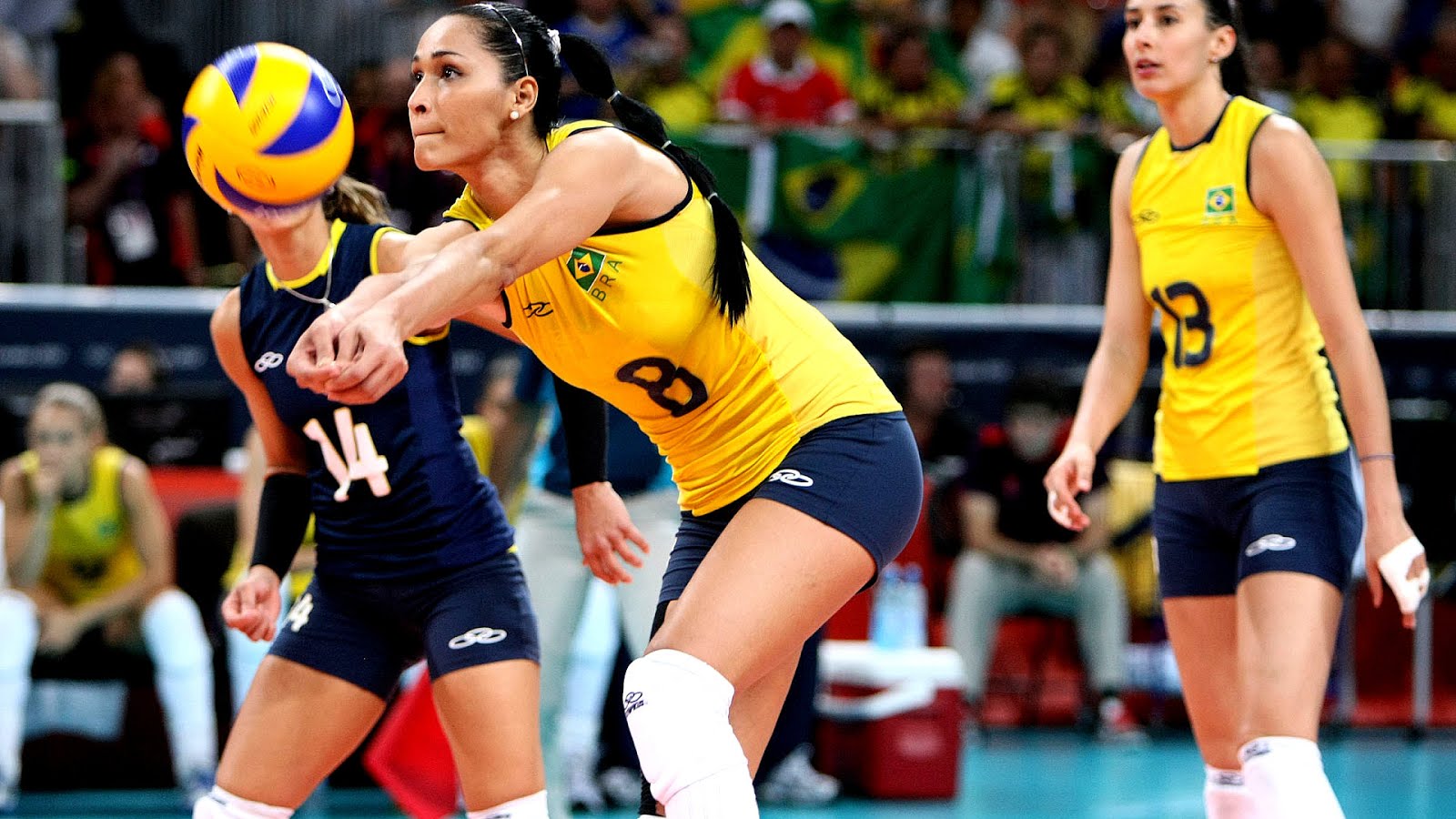History of Volleyball at the Olympics: Volleyball Olympics

Volleyball, a sport that embodies teamwork, agility, and strategic prowess, has a rich history intertwined with the Olympic Games. Its journey from humble beginnings to a global phenomenon is a testament to the sport’s enduring appeal and its ability to inspire athletes and spectators alike.
Origins and Inclusion in the Olympics
The origins of volleyball can be traced back to 1895 when William G. Morgan, a physical director at the YMCA in Holyoke, Massachusetts, invented the sport. Initially known as “mintonette,” it was designed as a less strenuous alternative to basketball. The game quickly gained popularity, and by the early 20th century, it had spread across the globe.
Volleyball’s inclusion in the Olympic Games was a gradual process. It was first introduced as a demonstration sport at the 1964 Tokyo Olympics, showcasing its athleticism and entertainment value to the world. The sport’s official debut as a medal event occurred at the 1964 Tokyo Olympics, marking a significant milestone in its history.
Key Moments and Notable Events
Volleyball’s Olympic history is marked by several key moments and notable events that have shaped the sport’s evolution and legacy.
- The first Olympic gold medal in men’s volleyball was awarded to the Soviet Union at the 1964 Tokyo Olympics, while Japan claimed the first gold in women’s volleyball. These victories marked the beginning of a competitive era in the sport.
- The 1984 Los Angeles Olympics witnessed the emergence of the United States as a dominant force in women’s volleyball, with the American team securing the gold medal. This victory propelled the sport’s popularity in the United States.
- The 1996 Atlanta Olympics introduced beach volleyball as an Olympic sport, adding a new dimension to the volleyball landscape. The sport’s fast-paced action and dynamic play quickly captured the imagination of fans worldwide.
- Brazil has consistently dominated both men’s and women’s volleyball in the Olympics, winning multiple gold medals and establishing itself as a powerhouse in the sport. Their consistent success has elevated the sport’s profile in South America and beyond.
Evolution of Rules and Format, Volleyball olympics
The rules and format of volleyball have undergone several changes throughout its Olympic history, reflecting the sport’s ongoing evolution and the pursuit of enhancing its competitiveness and spectator appeal.
- In the early days of Olympic volleyball, the game was played with a three-person rotation system. This system was later replaced with a six-person rotation system, which is still in use today. The six-person rotation system introduced greater strategic complexity and increased the importance of teamwork.
- The introduction of the libero position in 1998 revolutionized the game by allowing a dedicated defensive specialist to play in the back row. The libero position has significantly enhanced the defensive capabilities of teams and added another layer of tactical complexity to the game.
- The scoring system in Olympic volleyball has also undergone changes. Initially, a team had to score 15 points to win a set. This was later changed to 25 points, and a team must win by two points. The change to a 25-point scoring system has made matches more exciting and unpredictable.
The volleyball Olympics are always a thrilling spectacle, with athletes showcasing incredible skill and athleticism. Watching them soar through the air, their bodies a blur of motion, reminds me of the comfort and support I experience in my steelcase gesture chair blue jay.
It’s like having a personal cheering squad for my back and spine! The intensity of the games is something I can only truly appreciate when I’m settled in my chair, ready to soak it all in.
The volleyball Olympics is a spectacle of athleticism and strategy, showcasing the best players from around the world. But within this grand competition, the journey of women’s volleyball has been particularly inspiring. From the early days of the sport to its current status as a powerhouse event, olympics women’s volleyball has carved its own path, proving that women athletes can be just as fierce and skilled as their male counterparts.
This legacy of strength and dedication is what makes the volleyball Olympics such a captivating event, a celebration of athletic excellence in all its forms.
